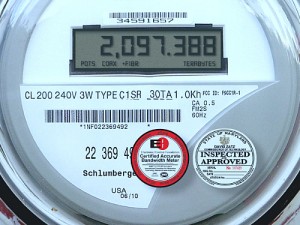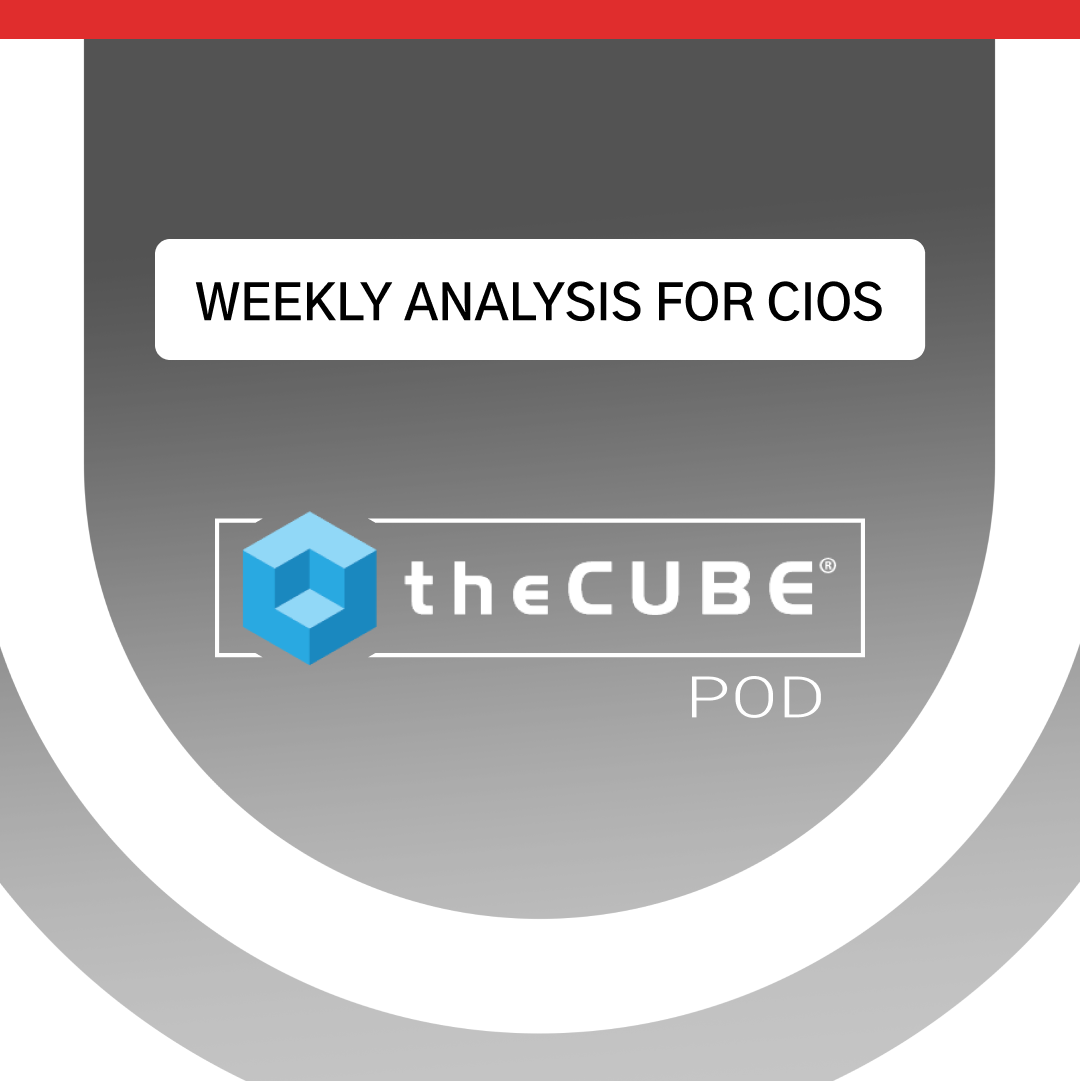Internet As a Public Utility is Dumb
I recently ran into a blog article by Jonathan at WhoIsHostingThis.com which is a web hosting review site. The article in question was calling for the Internet as we know it to become a public utility. This is a meme that crops up from time to time, but has definitely had some additional traction as of late.
The impetus behind seeing private networks adopted as public utilities is generally not sound philosophy. And while I don’t mean to pick on Jonathan at WhoIsHostingThis? his post and reasoning for the Internet to become a utility are a perfect example of individuals who seem to not be taking into account all the angles.![]()
It should be noted that this particular account and desire to move Internet to a utility type service is based on the authors apparent issues with his ISP and losing his Internet connection multiple times for 48 hour periods. It might as well be noted up front that it sounds like there may exist here an element of irritation at an unreliable service provider which has resulted in a “grass is always greener” mentality that if only a local municipality or state/federal government regulated the ISP as a utility then it would never break down. Good luck with that.
The crux of the issue for Jonathan is that moving the Internet toward a utility model will improve growth, investment, innovation, and reliability. Here are his five reasons as to how we can treat the Internet more like a utility:
- “A Neutral Web: Your power company doesn’t favor your washing machine over your iron or your air conditioner over your lights. If the Internet is to truly become a utility, it must be a neutral one, as it is now, without the risk of companies showing favor to certain sites or services in order to make more money.
- Greater Reliability: The reliability of Internet connections needs to be improved. Though it is admittedly more difficult in many ways to deliver bandwidth than power, repairing downed connections has to be a priority.
- No Longer Unlimited: I won’t win many friends with this, but with most utilities you pay at least something based on your usage, even if it is a token amount. Bandwidth is a limited resource so offering unlimited accounts is much like unlimited hosting, a half-lie. People who use more power and water pay more. This doesn’t mean hosting accounts would cost more, in fact most would likely pay less under a metered plan than an “unlimited” one, but it causes people to find ways to be smart about their access.
- Access for All: Currently in the U.S. there are many people, my in-laws being some of them, who don’t have broadband Internet access because where they live is too rural. This, even though they have power, water and phone access. With current bills, the government is trying to help extend access to them, but it may be a tough road. However, reaching them is crucial for treating Internet access like a utility.
- Greater Bandwidth: Finally, for most of us our houses can receive more than enough water or power to do anything we would want to do and then some. Internet access needs to have enough room to grow with new technologies. Accounts with only a few MB of bandwidth will not cut it, especially since South Korea, for example, may soon have Internet access 200 times faster than our average connections.”
Taking a look at each of these individually, consider the following:
- Most of us have heard the arguments in favor of Net Neutrality. And this is an analogy, in comparing it to the power company, that I have heard before though it is misleading. Jonathan is correct in that the power company does not favor my washing machine over my iron. However, my power company does not take that choice away from me, and neither do the bodies that regulate the power industry. The Open Internet rules not only prevent companies from favoring one application or service over another, but they also prevent me from choosing to prioritize one service over another if that is something that I personally desired. If I were wanting to prioritize my energy expenses and decide to keep my heater running, but turn all my lights in the house off I can make that choice. If I were to desire to have a priority connection to Xbox Live, and put my email connection on the back burner, that is a choice the FCC has taken away from me by banning certain current business models and future innovative models.
- Reliability is an issue that is often relative to a lot of factors including your ISP and location and even weather conditions could affect operation and uptime. Mon.itor.us defines uptime of 99% as only being offline roughly 87 hours during the course of the year. In 2010 my local ISP went down twice for roughly 12 hours each. In roughly 8760 hours possible in a year, a down time of 24 hours give or take seems acceptable. However, because one individuals downtime is low, does not mean anothers is also low. We are also dealing with highly complex technologies. Writing words on paper and calling it regulation that demand uninterrupted service does not meet the reality of never having problems that cause a network to go down and/or prevent the time necessary to track a problem and correct it to bring a network back online. Furthermore, regulation that would attempt to scare ISPs with fines for downtime will ultimately be passed on to the customer as a tax, so there is still a loss for the consumer of the ISP in a regulated utility based model.
- Jonathan calls for a usage based model. He is correct in his notion that bandwidth is a limited commodity. Like utility based services, one does not receive unlimited water or electricity usage, but is charged based on usage. Jonathan feels that with the modern Internet service, being charged by the bit is the way to go, and this certainly moves more toward the utility model. Metered usage is something that I do not have contention with. I believe this would actually drive more people to purchasing Internet service at home, and capture both new users and hold outs that desired to use the Internet at home but required a more affordable meter based service pricing. However, while metered pricing may be a beneficial new service model, it should not be introduced in order to regulate and ban other business models. If an ISP desires to offer a metered service model, the ISP should have the right to offer this model along side traditional Internet service models.

- Access for all is fundamentally impossible without enormous costs. That is a reality that must be faced. ISPs that see a benefit from potential rural investment will build networks in underserved and unserved areas. But it is unreasonable to force via regulation a company to spend millions of dollars to build networks in areas that will not be profitable for the company. Basic economics explain that the costs will be carried by customers that live in profitable areas who did not make the personal choice to move into a rural area. Furthermore, billions have been sunk into expanding and improving networks by the nations top ISPs over the last two years alone. As the desire to obtain service expands into rural areas and ISPs find cost efficient methods to deliver service resulting in a profitable relationship with the customer, access will continue to grow in the United States. Regulating ISPs as a utility does nothing to improve this, and doing so would create an additional tax burden on citizens. Finally, Internet provision is not a right and it should not be confused with electricity and power. Electricity and power additionally are not rights, but citizens in the U.S. typically see access to these services as a social norm because they provide for basic human rights like the ability to cook and clean and heat ones home in the winter, etc. These are provisions that are arguably essentially to life. Internet access is not essential to life. It may be essential to various forms of communication or even owning a business or working, but those things are not essential to life.
- Jonathan believes that with other utilities he can receive as much water or electricity as he desires. He argues that the amount of water and electricity he receives is enough for him but his Internet connection is not treated in the same manner. But that’s not really accurate. Jonathan can only receive as much water as can be carried by the size of the incoming pipe, and he can only receive as much power as the capacity of the houses main incoming line. The problem with his line of reasoning is that it is applicable only to his situation. Many may feel that they have adequate bandwidth for their needs. The reality though is that as consumers we will likely always want more than we have. The good thing with this is that if anyone looks at the last 15 years of service history, ISPs have continually offered more bandwidth at the same or in many cases even lower rates. In 1996, $20/month would get you unlimited AOL dial-up access. In 2011 $20/month can get consumers up to 15Mbps downstream, unlimited bandwidth service from several major ISPs. The evidence of the history of the last 15 years has shown repeatedly that the value of the dollar in relation to bandwidth has increased dramatically. And just as an aside, if you abuse how much water or power your using, at some point your going to get a phone call. It is a limited resource, as is bandwidth.
The bottom line is that there is no benefit to moving Internet provision to a utility model. Doing so would only see further regulatory creep at multiple levels. The increased red tape at the state, local and municipal level would increase the time and complexity of approving networks in communities, it would limit competition, and it would hurt innovation and increase costs to the consumer by passing on state, local, and municipal fees to the consumer equating to additional taxes.
At present there is no additional need for Internet regulation, especially neutrality, there is no need for “encouraging” investment or innovation. And service access and reliability are things that must be considered when moving into an area and choosing ones place of residence. That is a personal choice that should not negatively affect the lives of those that chose to live in areas with readily available access. In the end there is simply no rational evidence or explanation that indicates that Internet provision as a public utility is beneficial…to anyone.
[Cross-posted at Digital Society]
A message from John Furrier, co-founder of SiliconANGLE:
Your vote of support is important to us and it helps us keep the content FREE.
One click below supports our mission to provide free, deep, and relevant content.
Join our community on YouTube
Join the community that includes more than 15,000 #CubeAlumni experts, including Amazon.com CEO Andy Jassy, Dell Technologies founder and CEO Michael Dell, Intel CEO Pat Gelsinger, and many more luminaries and experts.
THANK YOU













